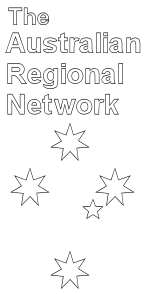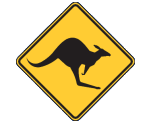Ballarat Local History
Ballarat, a city located in the state of Victoria in Australia, is steeped in history and has played a vital role in shaping the country’s economy and politics. From the gold rush of the 19th century to the present-day thriving city, Ballarat has come a long way.
Early History
Before the arrival of the Europeans, the land around Ballarat was occupied by a number of Indigenous groups. The Wathaurong people were the primary inhabitants of the area. They had a complex culture and society and had a deep spiritual connection with the land. The arrival of Europeans disrupted their way of life and caused great suffering.
In 1837, a European squatter named Archibald Yuille established a sheep station near the spot where Ballarat would later be built. He named the station ‘Ballaarat’, which is believed to mean ‘resting place’. However, the name was later changed to ‘Ballarat’.
Gold Rush
In August 1851, gold was discovered in Ballarat, which led to a gold rush that brought thousands of people to the area. The gold rush had a significant impact on Ballarat’s history and development. It was the start of a period of great growth and prosperity for the city.
The gold rush attracted people from all over the world, including China, America, and Europe. They came to Ballarat in search of wealth and a better life. Many of them set up camps around Ballarat and focused on finding gold.
The gold rush also led to the establishment of many businesses in Ballarat, such as hotels, banks, and shops. The city rapidly grew in population and became one of the largest cities in Victoria.
Eureka Stockade
The gold rush also had a political impact on the country. The miners in Ballarat were unhappy with the way they were being treated by the government and mining companies. They believed that the government was unfairly taxing them and that the mining companies were taking advantage of their labor.
In 1854, a group of miners staged a rebellion against the government and mining companies. They built a fortification called the Eureka Stockade and fought against the police and military. The rebellion became known as the Eureka Stockade and is considered a significant event in Australia’s history.
The rebellion was ultimately unsuccessful, and many rebels were killed or jailed. However, it sparked a movement for democracy and workers' rights in Australia.
Modern Day Ballarat
Today, Ballarat is a thriving city with a diverse and prosperous economy. It is home to a range of industries, such as manufacturing, health, education, and tourism. The city is also known for its beautiful parks, historic buildings, and cultural events.
One of the most popular attractions in Ballarat is Sovereign Hill, a living museum that recreates life during the gold rush. Visitors can step back in time and experience what life was like for the miners and their families.
Ballarat has also become a popular destination for foodies. The city has a vibrant food scene, with many restaurants and cafes serving up delicious food made from local produce.
In conclusion, Ballarat’s history is a fascinating one that has shaped the city and the country as a whole. From the gold rush to the Eureka Stockade and the modern-day city, Ballarat has a rich and diverse past that is worth exploring.


















